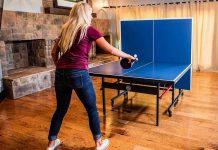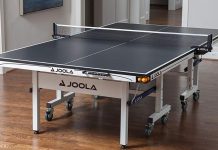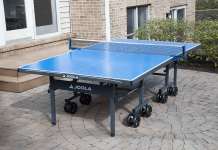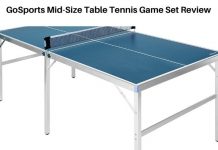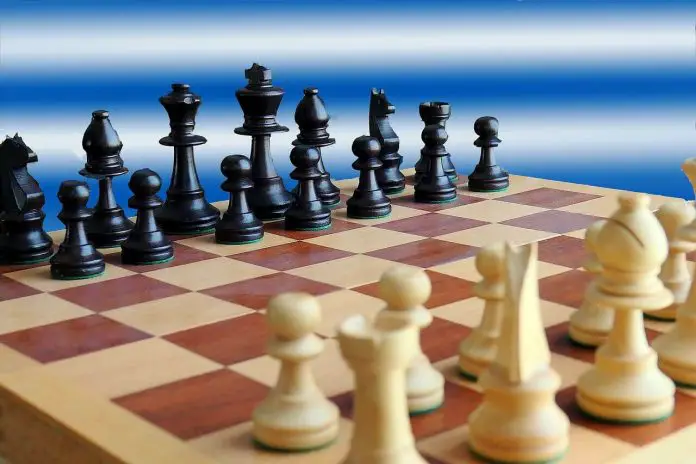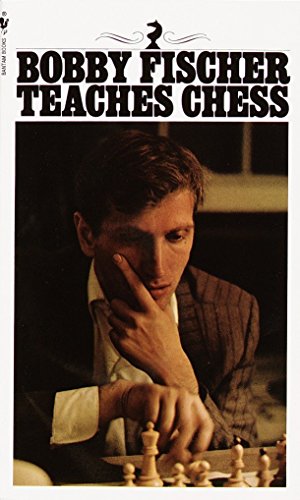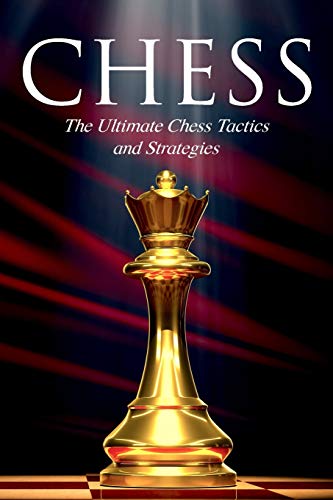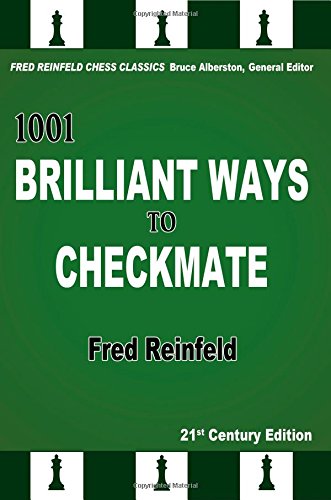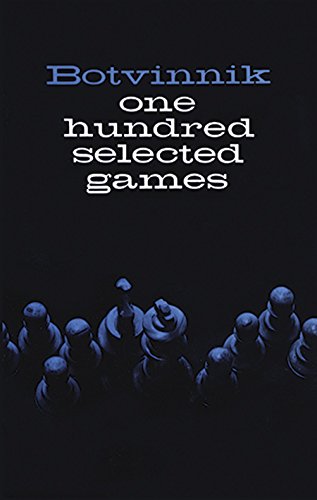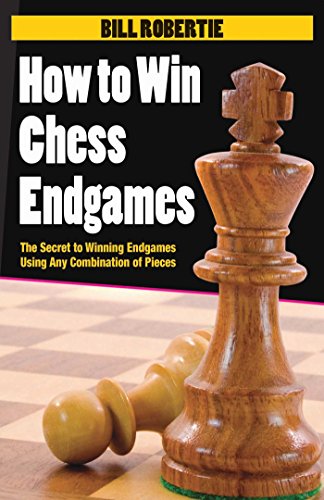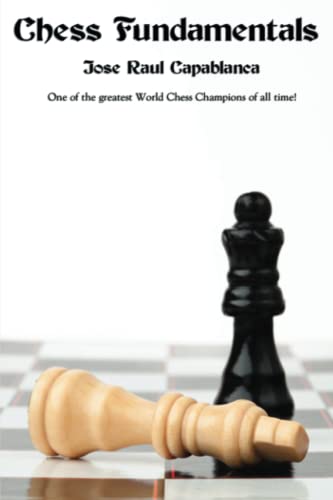Perhaps in the same way that many of you are wondering how to get good at chess?
The first thing to be said about chess is that we are not all natural geniuses like Beth Harmon, the star of The Queen’s Gambit, who is taught the game by the grumpy but adorable janitor Mr. William Shaibel at the age of nine and will soon be beaten by him.
Some people can evaluate their luck in a chess game, but it takes a little more effort to become an excellent chess player. Read on to study how to develop your chess skills.
The only way to become good at something is to practice and learn from your mistakes. Do not be in a hurry to become a chess master; the special players had a lot of patience and have perfected their techniques over the years.
It does not matter in which position you are in chess. You can always do better. And with the right habits and attitude, doing better in chess can be fun and simple. To do better in chess, you will need to study the rules, play various games, check your play, train questions, study the game’s outcome, not waste time on openings and check your moves.
The opening in chess is usually very decisive.
The next steps can guide you to do better in a completely roundabout way.
Table of Contents
How to Get Good at Chess
- Make sure you understand the rules.
- Join a local chess club
- Review and learn from your games
- Know the values of the pieces
- Practice chess puzzles
- Always develop bishops and knights
- Find your style of play
- Enter your first tournament
- Get an opponent.
- Read books
Now we will discuss these 10 tips in detail.
Make sure you understand the rules.
It doesn’t matter if you are not exactly sure of the rules or think you already know the game rules. Unless you are already a serious chess player, it is an acceptable initiative to review the pieces’ basic moves and the particular rules of chess. You can find the rules and simple tactics on the internet.
By knowing the rules, you learn to have fun. You cannot do better if you do not know the rules or move a piece correctly.
Join a local chess club
Be popular and free of chess. Do not make yourself feel good by playing people who are precisely worse than you. If you feel better after a defeat, an acceptable way is to start planning how to counter your opponent.
It is impossible to do better at anything without a lot of repetition, and chess is no different. Take every opportunity to play a game of chess, whether you are traveling, on your PC, or at home.
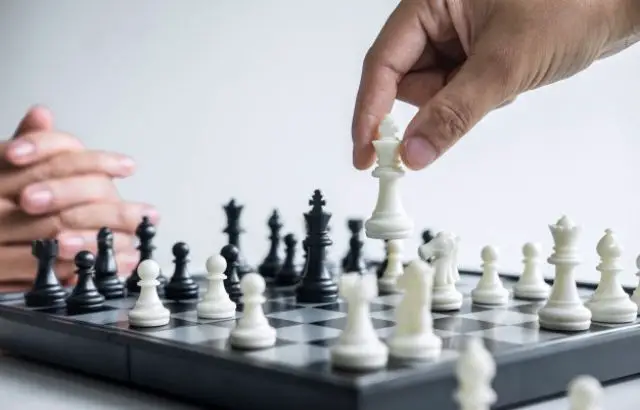
Review and learn from your games
Playing without reviewing does not make sense. Each game has several failures and opportunities within it. To do better, you must study them both. The automated computer test can assist you in covering each game you play.
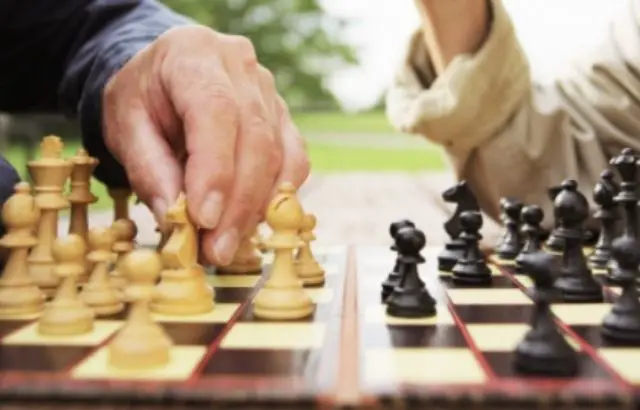
Know the values of the pieces
A pawn is worth one point. Knights and bishops are worth three points each. A rook is worth five points. A Queen is worth nine points. This is only a guide, not a winning plan, so if you have a forced victory in your turn, you can ignore the pieces’ value.
Don’t give up the material unnecessarily. While a well-planned sacrifice can sometimes put you far ahead in the game, losing pieces to poor idealization can do just the opposite. Protect your pieces well and plan sacrifices wisely.
It is not advantageous to exchange a bishop (worth 3) and a knight (worth 3) for a rook (worth 5) and a pawn (worth 1) because the knight and bishop are more powerful than a rook, and the pawn will not come into play until the end of the game.
These values are relative. In several positions, a bishop or knight is stronger than a rook.
A trade (a knight or bishop for a rook) is NOT worth 2 points regardless of its apparent value. It is usually worth 1-1 1/2 points. So, 1-2 (sometimes 3) pawns is quite a compensation for losing a trade.
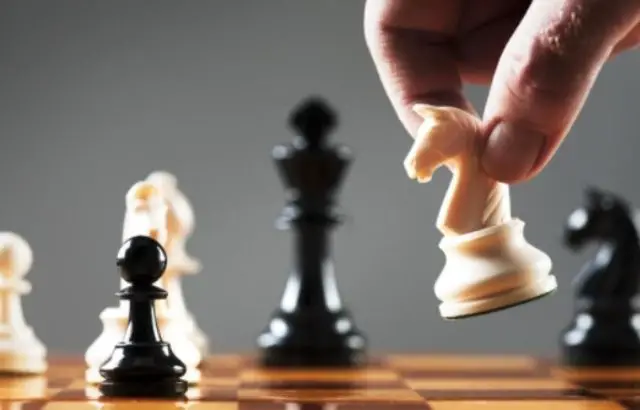
Practice chess puzzles
Chess tactics are inconvenient chess kids waiting to be solved. They represent real playing occasions in which you have the chance to win. It is like playing chess, but jumping to the good part where you are already winning! Try some puzzles for free.
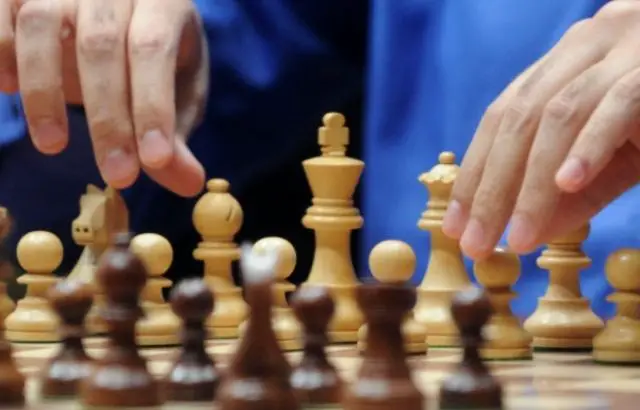
Always develop bishops and knights
Pawns are used in excess and become quite elongated, and commonly, the developing pieces do not develop. So, your opponent will usually put a bishop through your pawn composition.
Moving enough, pawns weakens the side of the castled king and opens you up to attack. Moving enough pawns will usually weaken the pawn composition at the end of the game.
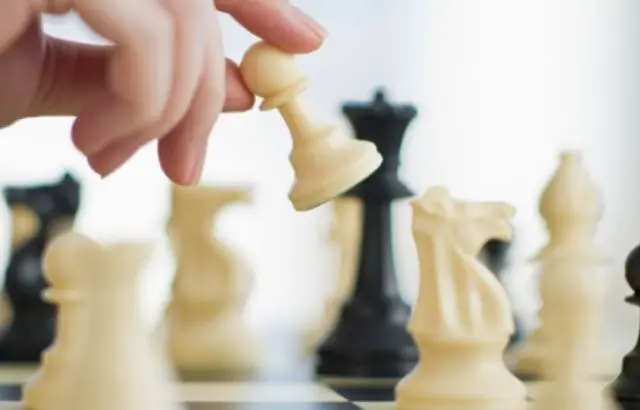
Find your style of play
There are numerous ways to play chess. Some choose aggressive playing styles and are quick to post assaults, play tactics, or suggest sacrifices. Others choose a relaxed positional game, usually spending several turns creating a strong position before posting an attack. Try numerous game styles and find the one you like.
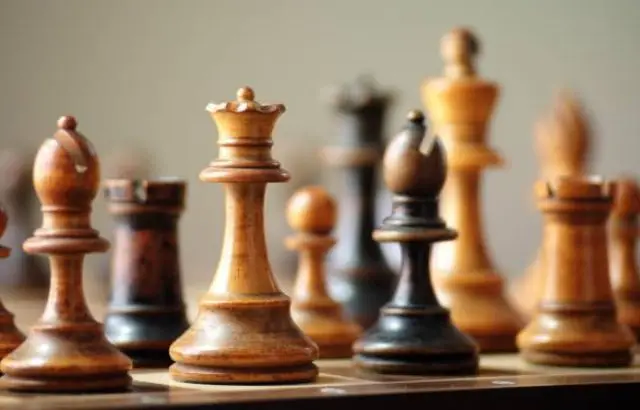
Enter your first tournament
Go there feeling like you’re going to kick ass in this series of games. Forget about the score. Forget about the scores. Just go out there and play the chess highlights you get. It’s a self-fulfilling prophecy.
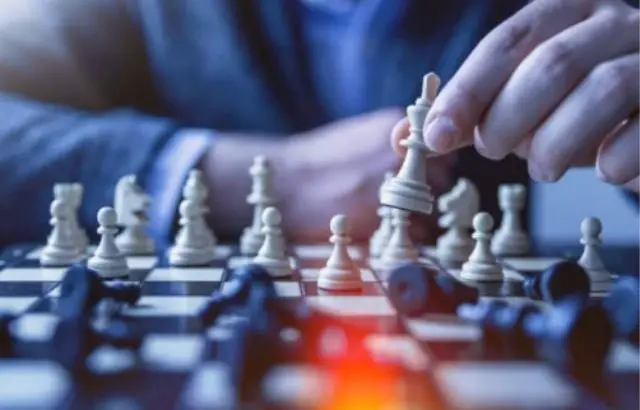
Get an opponent.
Find a friend who is better than you and “competes” against them. Play with them. Go to the tournaments they do. Slowly get used to their style of play and use it against them and other people. Don’t assume this “rival” is someone better than you. Don’t punish yourself if you lose. Touch them again. And again. And again. Carry this out until you have learned your style and how to counteract it. Get the Best Chess Sets under $100.
Study your favorite GM (great teacher)
Follow this formula “study, play, study, play.” Learn how to use their techniques and how to counteract them.
Some books you may read.
It will be necessary to read the best 10 books about this game and its tactics. Here are some good books:
“The Giant Book of Chess”
“Movement-to-Move Logical Chess” by Irving Chernev. It teaches you how to attack the king in the king’s pawn openings and play positional chess with the queen’s pawn openings.
- Used Book in Good Condition
- Franco, Zenon (Author)
- English (Publication Language)
- 288 Pages - 03/23/2010 (Publication Date) - Gambit Publications (Publisher)
“My System” by Aaron Nimzovitch.
“Think like a big master” by Alexander Kotov. This book teaches how to investigate variations so that you can play the intermediate game at a much more prominent level.
- Used Book in Good Condition
- Aron Nimzowitsch (Author)
- English (Publication Language)
- 320 Pages - 01/01/2007 (Publication Date) - Quality Chess (Publisher)
“Judgement and Planning in chess” by Max Euwe. A traditional book that teaches how to evaluate a position in the functionality of space virtue, compositions, endgame virtues, king attack, and pawn constructions.
- Used Book in Good Condition
- Euwe, Max (Author)
- English (Publication Language)
- 200 Pages - 01/12/1980 (Publication Date) - Random House Puzzles & Games (Publisher)
“Bobby Fischer teaches chess” by Bobby Fischer. A traditional book that teaches tactics for chess beginners.
- Bantam, A great option for a Book Lover
- Must try for a book lover
- Compact for travelling
- Fischer, Bobby (Author)
- English (Publication Language)
“Chess Master vs. Amateur Chess” by Max Euwe and Walter Meiden. This book teaches how a master beats an amateur by carrying out the precise move according to a position’s pretensions.
- Euwe, Max (Author)
- English (Publication Language)
- 368 Pages - 03/14/1994 (Publication Date) - Dover Publications (Publisher)
“Chess Endgame Practice” by Irving Chernev. 300 endgames, starting simple but ending difficult.
- Dunn, Andy (Author)
- English (Publication Language)
- 171 Pages - 10/31/2015 (Publication Date) - CreateSpace Independent Publishing Platform (Publisher)
“1001 checkmate” by Fred Reinfeld. A traditional book, which will help you to get to know checkmate and to calculate the variations.
- Reinfeld, Fred (Author)
- English (Publication Language)
- 224 Pages - 05/15/2014 (Publication Date) - Russell Enterprises, Inc. (Publisher)
“Ideas Behind Chess Openings” by Reuben Fine. Teaches the tactics behind the openings so that you can remember them and play them better.
- Fine, Reuben (Author)
- English (Publication Language)
- 182 Pages - 08/22/1990 (Publication Date) - D. McKay Co. (Publisher)
“100 selected games” by Botvinnik.
- Mikhail Botvinnik (Author)
- English (Publication Language)
- 288 Pages - 06/01/1960 (Publication Date) - Dover Publications (Publisher)
” Pandolfini’s Endgame Course: Basic Endgame Concepts Explained by America’s Leading Chess Teacher ” by Bruce Pandolfini. A large book, which is traditional and teaches all kinds of endgames.
- Pandolfini, Bruce (Author)
- English (Publication Language)
- 320 Pages - 10/15/1988 (Publication Date) - Touchstone (Publisher)
“Point Count Chess” by Horowitz artificial intelligence. A traditional book that grades 32 positional properties teach how to transform these 32 virtues into a gain.
- Used Book in Good Condition
- Horowitz, I. A. (Author)
- English (Publication Language)
- 356 Pages - 03/12/2012 (Publication Date) - Ishi Press (Publisher)
“How to win in chess endgames” by Bill Robertie. This book teaches endgame tactics without complicated variations.
- Robertie, Bill (Author)
- English (Publication Language)
- 320 Pages - 12/25/2018 (Publication Date) - Cardoza (Publisher)
“Fundamentals of Chess” by José Raúl Capablanca. This book teaches opening, middle, and endgame tactics.
- Capablanca, Jose Raul (Author)
- English (Publication Language)
- 253 Pages - 09/02/2022 (Publication Date) - Wilder Publications (Publisher)
Starting with learning chess online can help you in this procedure.
How to Get Good at Chess: Frequently Asked Questions
How long does it take to become good at chess?
Few chess players ever become experts, including several with the strength of a master. For the few who do, it may take only 5 years or even 30!
Can you do better in chess just by playing?
One of the steps to do radically better in this game is a habit, and you will only find that habit by playing. The more you play, the better your level of study will be.
Does chess need a prominent IQ?
People with a more prominent IQ tend to have more fun at chess than people with a lower IQ.
The answer is yes; teachers do not have high IQs. Several people who are not as good at chess tend to have a higher than average wisdom rating as a player rated 800 has an IQ of 120, which is pretty much knowing that 100 is the average IQ.
Last Words
Chess is a game where the players have to have a more extensive perspective. Sometimes, you don’t deserve to move only one part that manages to catch many pieces at first; in the opening, your only objectives are to watch the center and protect your king. Using tactics such as forking and holding will help you win material later, and never make a move without seeing if your opponent can catch, fork, or hold one of your pieces directly after the move. With each move, ask yourself how the move is going to help you. If each move can do a lot more than one thing for you, it’s as good as being able to move twice each turn.
The feeling of improving yourself in a capable game like this is very successful. It will increase your security scenarios, and you will start making inferior mistakes. But the most relevant thing is that this game is going to make you guess clearly.
It would help if you learned well to create a good chess strategy. The strategies for chess arise from the search for success, the idea is that you start by watching, and then over time, you will learn to create a good strategy.
Most of the games are lost by mistakes. So, before moving one of your pieces, always check twice to make sure your king is safe and that you are not giving away any part.

Veronica is a Green Bay-based freelance writer and editor with extensive experience with board games. When not busy scribbling her thoughts, you might find her in her garden, hiking out in the woods, or exploring new food joints.
Veronica is a die-hard board game and chess hobbyist by night. She likes to try out new games and is always on the lookout to recruit new players for her game night (so beware!). When not playing board games or throwing darts, she is usually busy painting miniatures (or doing other nerdy stuff).
She is the CEO & Content Writer of Indoor Games Zone. She shares her expertise from years of playing chess, board games, and darts.
Last update on 2022-05-12 / Affiliate links / Images from Amazon Product Advertising API

![Stiga XTR Pro Review | 1,559+ Global Ratings (In-Depth Guide) [year] Stiga XTR Pro Review](https://indoorgameszone.com/wp-content/uploads/2021/08/Stiga-XTR-Pro-Review-218x150.jpg)
